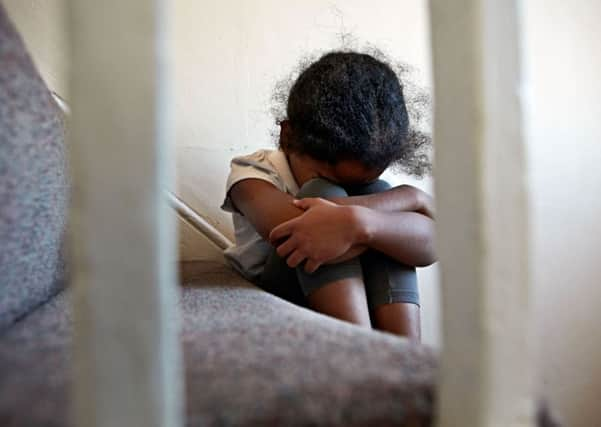Growing FGM abuse of girls in NI


FGM is practised in some parts of the world but is without any medical basis and can cause long lasting damage to physical and mental health. The procedure is dangerous, illegal and a serious form of child abuse. More needs to be done to stamp it out.
Unicef estimates that globally 125 million women and girls have suffered this violent procedure. The scale of the problem can remain hidden, though recent changes to data collection in England have uncovered nearly 6,000 cases. A similar study should be carried out here.
Advertisement
Hide AdAdvertisement
Hide AdNSPCC provides the government’s FGM helpline, available in Northern Ireland, and we have been working with partners to ensure we make the best help available to potential victims and survivors. Most calls to the NSPCC’s FGM helpline are made in July.


This is because some girls are forced to undergo FGM in another county during the school holidays and have the immediate physical wounds heal by the time they return to school.
Progress has been made in the development of the Safeguarding Board NI-led practice network to prevent FGM here and we are working on other initiatives. The UK government has recently strengthened provisions in Northern Ireland by introducing FGM Protection Orders which police and social services use to protect potential victims.
Key to protecting girls is awareness raising for professionals (including teachers who play a key role) and working with leaders in communities where it has been traditionally been practised. This is a specialised area of child protection and only close working across agencies and disciplines will help prevent this terrible abuse. The public play an important role and we encourage anyone concerned about FGM to call our helpline on 0800 028 3550.
Neil Anderson, Head of NSPCC in Northern Ireland